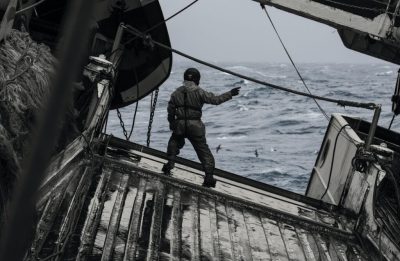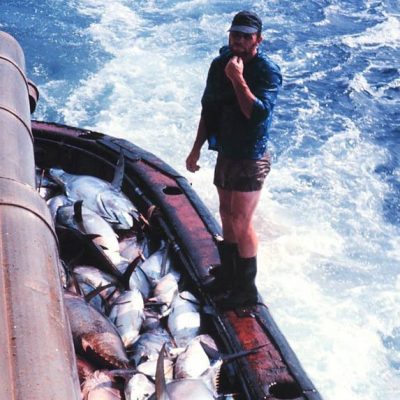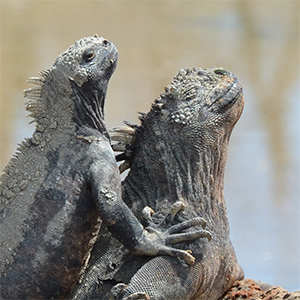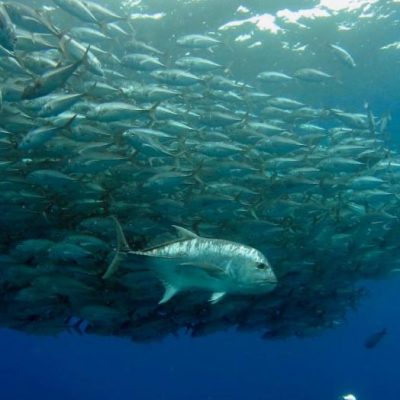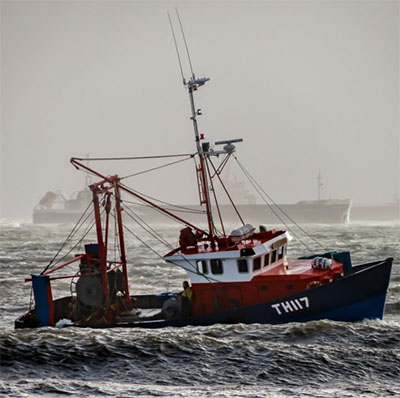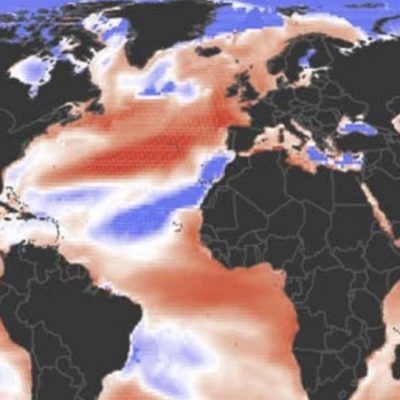Fish buffered from recent marine heatwaves, showing there’s still time to act on climate change
Fish were surprisingly resilient to marine heatwaves before 2019, highlighting the need to keep seas from warming further, according to new research.
In climate change talks and development goals, the tropical majority must be recognized and respected
We are in the UN Decade of Ocean Science and that means prioritizing diversity and inclusion in all decision-making processes
Climate change to drive increasing overlap between Pacific tuna fisheries and emerging deep-sea mining industry
Sourcing for car batteries and rare earth metals in the deep-sea — what does this mean for the tuna fish? IOF author takes a look into the possible consequences of mining into the deep, dark ocean.
Nature, society, and culture should be taken into consideration when dealing with climate change
The Nature Futures Framework (NFF) can include Indigenous stakeholders, local expertise, and different knowledge systems in conversation efforts.
Global fish stocks can’t rebuild if nothing done to halt climate change and overfishing, new study suggests
“We are at a turning point. What we need is a coordinated global effort to develop practical and equitable marine conservation measures to support effective biomass rebuilding under climate change,” said Dr. William Cheung
Nearly half of countries’ shared fish stocks are on the move due to climate change, prompting dispute concerns
The study tracked the shifting ranges of 9,132 transboundary fish stocks, which account for 80 per cent of catch taken from the world’s EEZs, starting in 2006 and projecting to the year 2100.
Massive “ensemble” climate modelling study includes work of multiple IOF researchers
The project used nine different computer models, created by different teams around the world, to illustrate with greater clarity and range how ocean life will be impacted by Earth’s warming climate.
